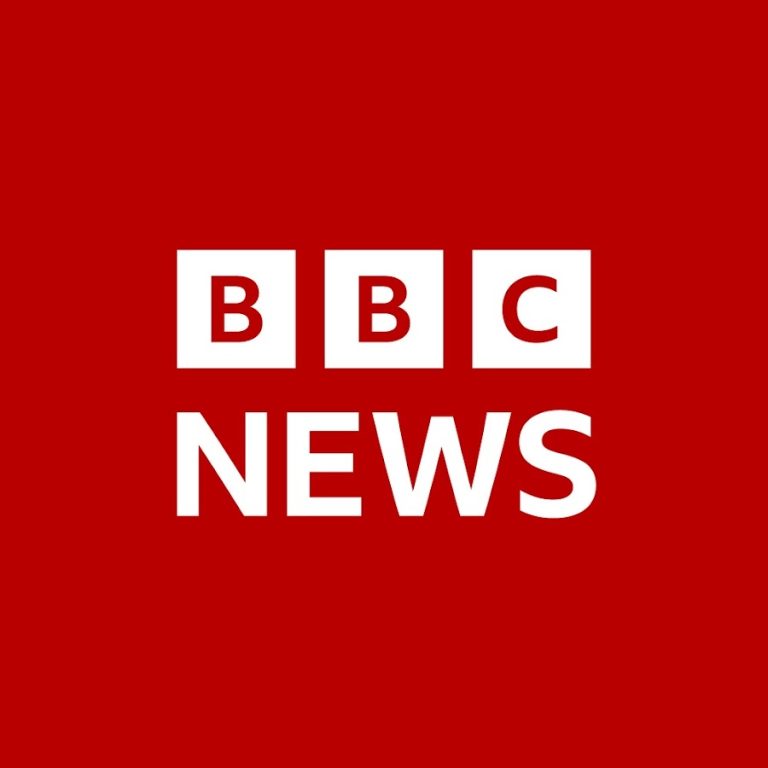The full form of BBC is the British Broadcasting Corporation. The BBC is the world’s oldest national broadcaster and the largest broadcaster in the United Kingdom. It was established in 1922 and has since then been providing its audience with high-quality and impartial news, entertainment, and educational content. The BBC operates a number of television channels, radio stations, and online platforms to reach its audience.
History of the BBC
The BBC was established in 1922 as the British Broadcasting Company Ltd. It was a private company owned by a group of manufacturers who wanted to provide radio services to the public. In 1926, the company was renamed as the British Broadcasting Corporation and became a public service broadcaster. The BBC was given a Royal Charter in 1927, which required it to provide impartial and accurate news to the public.
The early years of the BBC were dominated by its radio services, which reached millions of listeners across the UK and around the world. In 1936, the BBC introduced its first television service, which quickly became popular and paved the way for the modern television industry. In the following decades, the BBC continued to expand its services, launching new television channels, radio stations, and online platforms.
BBC’s Role as a Public Service Broadcaster
The BBC plays a critical role as a public service broadcaster. It is independent of government and commercial influence and is committed to providing impartial and accurate news to the public. The BBC’s charter requires it to provide a wide range of programming that informs, educates, and entertains its audience. This includes news, current affairs, sports, drama, comedy, documentaries, and more.
The BBC’s commitment to impartiality has earned it a reputation for high-quality journalism and has made it a trusted source of information for millions of people around the world. The corporation’s programs and content are produced by its teams of journalists, producers, and presenters, who are held to high standards of accuracy and impartiality.
BBC’s Reach and Impact
The BBC’s reach and impact are unmatched. The corporation operates a number of television channels, including BBC One, BBC Two, BBC Four, and BBC News, as well as several radio stations, including BBC Radio 1, BBC Radio 2, BBC Radio 3, and BBC Radio 4. In addition to its traditional broadcasting services, the BBC also has a strong online presence, with its websites and mobile apps reaching millions of users around the world.
The BBC’s programming and content are enjoyed by millions of people in the UK and around the world. The corporation’s news services are renowned for their impartiality and accuracy, and its documentaries and dramas are among the best in the world. The BBC’s commitment to education and learning is also reflected in its content, with programs aimed at children, young people, and adults alike.
Conclusion
The full form of BBC is the British Broadcasting Corporation, which is the world’s oldest national broadcaster and the largest broadcaster in the United Kingdom. The BBC was established in 1922 and has since then been providing its audience with high-quality and impartial news, entertainment, and educational content. As a public service broadcaster, the BBC plays a critical role in informing, educating, and entertaining its audience, and its reach and impact are unmatched.



